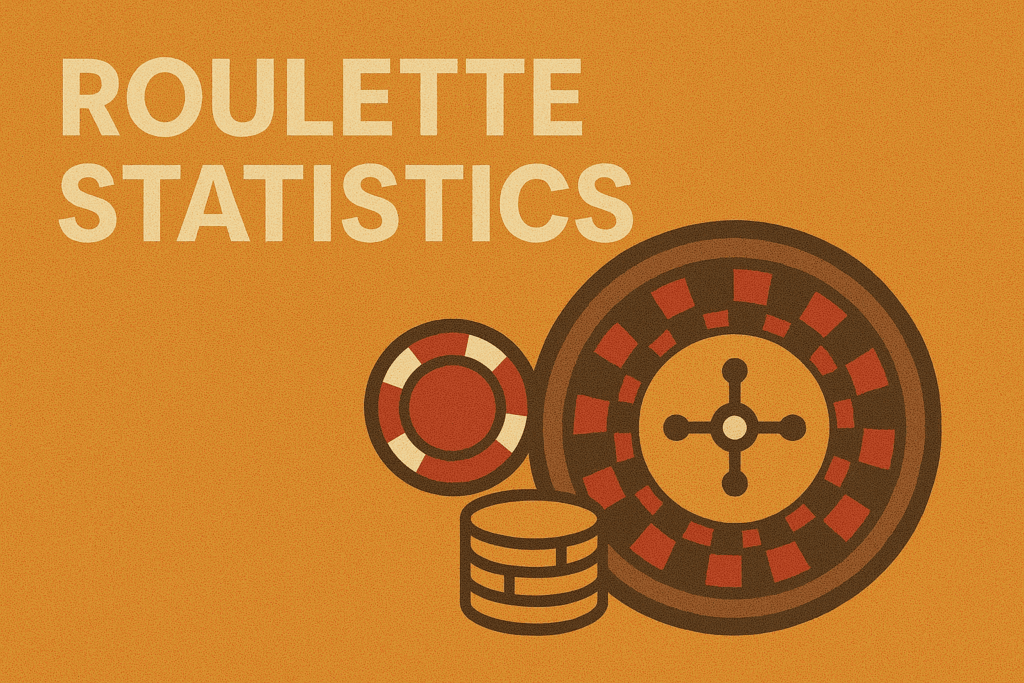
Roulette, with its spinning wheel and bouncing ball, remains one of the most iconic and statistically intriguing casino games worldwide. Whether you’re playing at a glamorous Monte Carlo casino, a bustling Las Vegas floor, or from your phone at home, the allure of roulette lies in its blend of chance, simplicity, and the promise of big wins. Yet beneath the surface, roulette is governed by strict mathematical laws—probabilities, odds, and house edge—that shape every outcome and long-term expectation.
- Sign-Up Offer
- FREE 500 GC + 3 SC
- No purchase necessary
- 100% First-Purchase Boost
- Daily Login Bonus: 10 FS
- Social Media Contests
- VIP Exclusive Rewards
This article provides a comprehensive, up-to-date analysis of roulette statistics in 2026. We’ll explore the different roulette variants, break down the odds and payouts for each bet type, analyze the house edge and expected value, and examine the randomness and statistical realities behind the game. We’ll also critique popular betting systems, review real-world number frequencies, and compare online, live dealer, and land-based roulette from a statistical perspective. Whether you’re a player, a gambling strategist, or a statistician, this guide will help you make sense of roulette’s numbers and make smarter, more informed decisions at the table.
Roulette Basics & Game Types
European Roulette (Single Zero)
European roulette is played with a wheel containing 37 pockets: numbers 1–36 and a single green zero (0). The single zero gives the house a lower edge compared to other variants, making it the preferred choice among savvy players.
American Roulette (Double Zero)
American roulette adds a second green pocket—double zero (00)—resulting in 38 pockets in total. This extra zero increases the house edge, making American roulette statistically less favorable for players.
French Roulette
French roulette also uses a single-zero wheel but introduces special rules like “La Partage” and “En Prison.” These rules apply to even-money bets (e.g., red/black, odd/even) and return half your bet or hold your bet for the next spin if the ball lands on zero, further reducing the house edge.
Table Layout and Bet Types
Roulette tables are divided into “inside” and “outside” betting areas:
- Inside bets cover specific numbers or small groups of numbers (e.g., straight-up, split, street, corner).
- Outside bets cover larger groups (e.g., red/black, odd/even, dozens, columns).
Understanding these basics is essential, as each bet type carries different probabilities and payouts.
Roulette Odds and Payouts Chart
The heart of roulette statistics lies in the odds and payouts for each bet type. The following breakdown covers the most common bets, their probabilities, payout ratios, and house edge for both European and American roulette.
Inside Bets
| Bet Type | Payout | European Roulette | American Roulette | French Roulette |
| Straight (single) | 35:1 | 2.7% | 2.6% | 2.7% |
| Split | 17:1 | 5.4% | 5.3% | 5.4% |
| Street | 11:1 | 8.1% | 7.9% | 8.1% |
| Corner | 8:1 | 10.8% | 10.5% | 10.8% |
| Basket* | 6:1 | N/A | 13.2% | N/A |
| Double Street | 5:1 | 16.2% | 15.8% | 16.2% |
*Note: The “basket” bet is only available in American roulette and carries the highest house edge of all bets.
Outside Bets
| Bet Type | Payout | European Roulette | American Roulette | French Roulette |
| Red/Black | 1:1 | 48.6% | 47.4% | 48.6% |
| Odd/Even | 1:1 | 48.6% | 47.4% | 48.6% |
| High/Low | 1:1 | 48.6% | 47.4% | 48.6% |
| Dozen | 2:1 | 32.4% | 31.6% | 32.4% |
| Column | 2:1 | 32.4% | 31.6% | 32.4% |
Key Updates in 2026:
- Inside bets offer higher payouts but lower probabilities.
- Outside bets offer lower payouts but higher probabilities.
- The house edge is consistent across most bets, except for the American “basket” bet, which is worse for players.
- French roulette remains the best statistical option in real-world play.
House Edge & Expected Value
What is the House Edge?
The house edge is the built-in advantage that ensures the casino profits over the long run. It’s the difference between the true odds of winning and the payout odds offered by the casino.
- European Roulette (single zero): House edge is 2.7%
- American Roulette (double zero): House edge is 5.26%
- French Roulette (La Partage/En Prison): House edge can drop to 1.35% on even-money bets
Calculating Expected Value (EV):
Expected value quantifies your long-term average gain or loss per bet. The formula is:
EV = (Pwin × Payoutwin) + (Plose × Payoutlose)
For example, betting €10 on black in European roulette:
- Probability of black: 18/37
- Probability of not black: 19/37
- Win payout: €10
- Lose payout: -€10
EV = (18/37 × €10) + (19/37 × −€10) = −€0.27
So, for every €10 bet, you lose €0.27 on average—matching the 2.7% house edge.
Roulette vs. Other Casino Games:
Roulette’s house edge is moderate compared to other games:
- Blackjack (with perfect strategy): ~0.5%
- Baccarat: ~1.06%
- European Roulette: 2.7%
- American Roulette: 5.26%
- Slot machines: 2–15% (varies widely)
Over time, the house edge ensures the casino’s profitability, regardless of short-term winning streaks.
Probability & Randomness in Roulette
Role of Randomness
Each spin of the roulette wheel is an independent event. The outcome is governed by physical randomness (in live games) or a certified Random Number Generator (RNG) in online versions. No past result influences the next spin.
Law of Large Numbers and Short-Term Variance
In the short term, anything can happen—red may hit five times in a row, or a single number might appear twice in ten spins. However, as the number of spins increases, the actual results converge toward the expected probabilities. This is the law of large numbers in action.
Gambler’s Fallacy
A common misconception is that a number or color is “due” after a streak. For example, if black has hit six times, some believe red is more likely next. In reality, each spin is independent, and the probability remains unchanged—a classic example of the gambler’s fallacy.
Wheel Bias and Imperfections
Historically, some professional gamblers exploited physical imperfections or biases in real roulette wheels, allowing them to predict certain numbers with slightly higher probability. In modern casinos, wheels are meticulously maintained, and online games use RNGs, making such exploits exceedingly rare today.
Top Trends in 2026 Roulette Technology
Mobile-First Gameplay
Mobile accounts for nearly 74% of iGaming revenue in 2024, expected to increase. Interfaces and controls are optimized for touch, making roulette more accessible.
Cryptocurrencies & Blockchain
Increasing integration of Bitcoin/Ethereum, offering fast, anonymous deposits and withdrawals. Crypto casinos now commonly feature provably fair roulette, where outcomes can be independently verified.
Virtual & Augmented Reality
VR/AR roulette floors deliver immersive experiences. VR casino market could reach ~$189 b by 2032 (CAGR 30%)
AI & Personalization
AI tailors promotions, suggests roulette variants and betting options. Real-time pattern analysis promotes responsible gambling .
Betting Systems and Their Statistical Weaknesses
Players have long sought ways to beat roulette using betting systems. The most popular include:
Martingale System
Double your bet after each loss, aiming to recover all losses with a single win. The flaw: Table limits and bankroll constraints make it impossible to guarantee recovery, and the house edge remains unchanged.
Labouchere System
Also known as the cancellation system, players write down a sequence of numbers and bet the sum of the first and last. Wins and losses modify the sequence. While it can create the illusion of control, it cannot overcome the house edge.
Fibonacci System
Bets follow the Fibonacci sequence (1, 1, 2, 3, 5, 8, …). Losses prompt moving to the next number; wins move back two steps. Like others, it doesn’t alter the underlying probabilities or house edge.
D’Alembert System
Increase your bet by one unit after a loss and decrease by one after a win. It’s less aggressive than Martingale but still mathematically flawed.
Simulation and Mathematical Critique
Numerous simulations confirm that no betting system can overcome the house edge in the long run. Systems may produce short-term wins but inevitably lead to losses due to variance and table limits.
Illusion of Control
Betting systems often exploit the psychological “illusion of control,” making players feel they can influence outcomes in a fundamentally random game.
Real-World Roulette Statistics
Casino-Reported Data
Some casinos and regulatory bodies publish aggregated roulette data, showing that, over hundreds of thousands of spins, the frequency of each number closely matches its theoretical probability.
Number Frequency and Hot/Cold Tracking
Tracking “hot” (frequently hit) and “cold” (rarely hit) numbers is a common player practice. However, in a fair game, these streaks are simply products of random variance, not predictive trends. Tools that track these numbers may be entertaining but offer no statistical advantage.
Professional Exploits
In rare historical cases, players exploited biased wheels or dealer signatures (subtle patterns in how dealers spun the ball). Today, such exploits are nearly impossible due to modern equipment and surveillance.
Online vs. Live Dealer vs. Land-Based: Statistical Considerations
Odds and House Edge
The odds and house edge are identical in online, live dealer, and land-based roulette, provided the game variant is the same (e.g., European single zero).
Random Number Generator (RNG) Mechanics
Online roulette uses certified RNGs to ensure fair, unpredictable outcomes. Regulatory bodies regularly audit these systems to prevent manipulation.
Testing for Fairness
Reputable online casinos display certifications from independent testing agencies (e.g., eCOGRA, iTech Labs). Players can review payout percentages and fairness reports.
House Rules and RTP
Some online casinos offer French roulette with La Partage or En Prison, boosting the Return to Player (RTP) to 98.65% on even-money bets. Always check the rules, as small differences can significantly impact your expected results.
Key Takeaways
Roulette is a game governed by immutable statistical laws. The house edge—2.7% for European, 5.26% for American—ensures that, over time, the casino always wins. While betting systems and hot/cold number trackers may add excitement, they cannot overcome the mathematics of probability and expected value. Each spin is independent, and the only way to maximize your odds is to choose the most favorable variant (European or French roulette) and understand the true probabilities behind every bet.
- European and French roulette offer the best odds for players; avoid the American double-zero wheel when possible.
- The house edge is built into every bet and cannot be overcome by any betting system.
- All spins are independent; past outcomes do not influence future results.
- Responsible gambling means understanding the odds, playing for entertainment, and never chasing losses.
For those who love the thrill of the wheel, knowledge is your best ally. Play smart, enjoy the game, and remember: in roulette, the only certainty is the mathematics behind the spin.

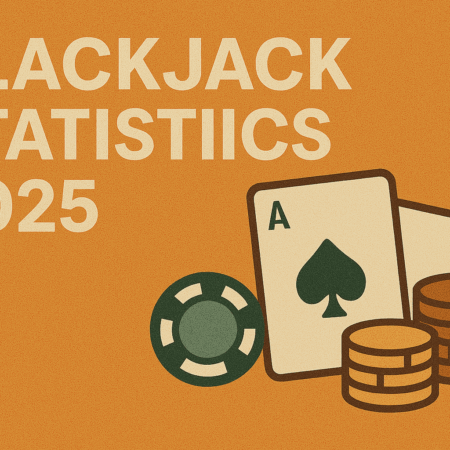
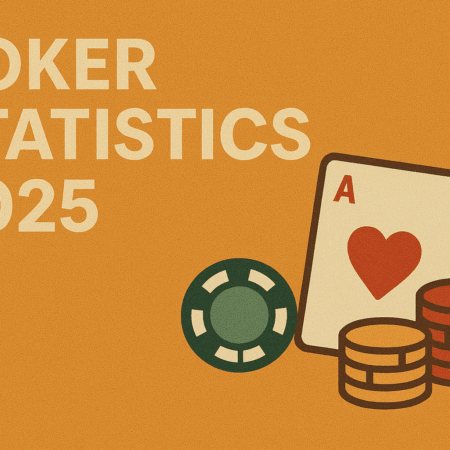
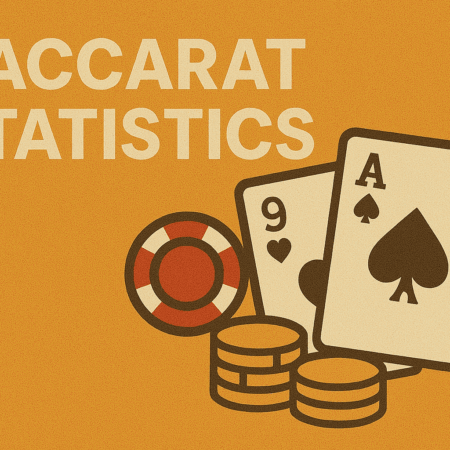
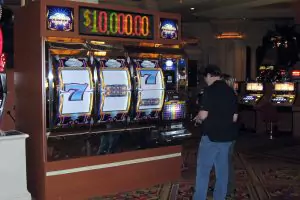
 Canada
Canada Deutsch
Deutsch Español
Español Português
Português